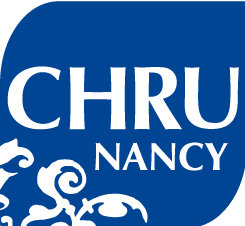Rendre un avis sur les conditions de validité de la recherche
Protéger les personnes qui se prêtent à la recherche
Vérifier l'adéquation, l'exhaustivité et l'intelligibilité des informations écrites dans le cadre de la recherche
Vérifier la procédure pour l’obtention du consentement
S'assurer de la justification de la recherche sur les éventuelles personnes incapables de donner leur consentement
Pour en savoir + More (Ethical Research Comittees) now stands for the CCPPRB (Consultative Ethical Research Comittees in biomedical research). They co-decide with the ANSMThe ANSM (French Agency for Medicine and Health Products Security) was established by the law of December 29 2011. It deals with the reinforcement of sanitary security for medicine and health products. The ANSM replaced on May 1 2012 the previous Afssaps (French Agency for Sanitary Security for Medicine and Health products). It took over its missions, rights and obligations. It is referred as “competent authority” in the filed of biomedical research. One of the main purpose of the ANSM is to “guarantee the security of heath products over their entire life-cycle”. In clinical research, the “Agency assesses the security and the quality of the products used throughout the investigation. It aims at guaranteeing the safety of subjects who take part in biomedical research”. For more information . . . More (French Agency for medicine security) all the authorizations in biomedical investigations. Those committees were instituted by the law of August, 9th 2014 and are certified by the Ministry of Health. Their composition guarantees their independence and the variety of expertise they have in medical field (moral, social, psychological and legal). Their mission is to:
- Give advice on the conditions for the validation of investigations
- Protect subjects who participate in studies.
- Verify the suitability, the exhaustiveness, and the intelligibility of the information produced for the investigation.
- Verify the procedure to obtain consent
- Ensure that there is a reason to conduct a study on persons that may not be able to give their consent.






